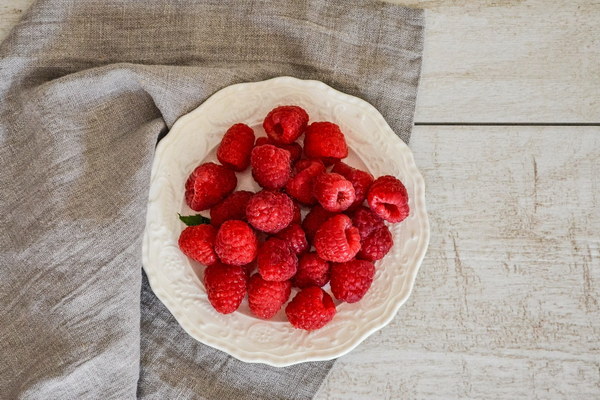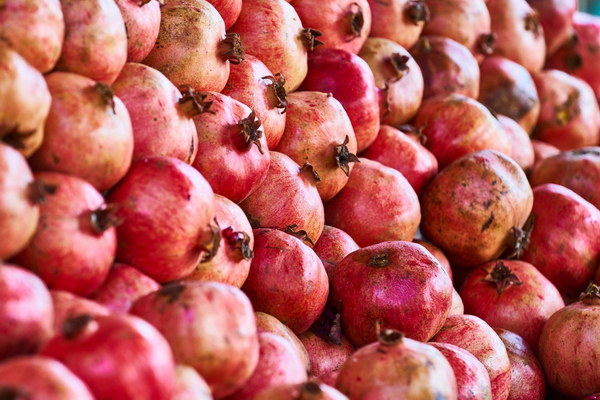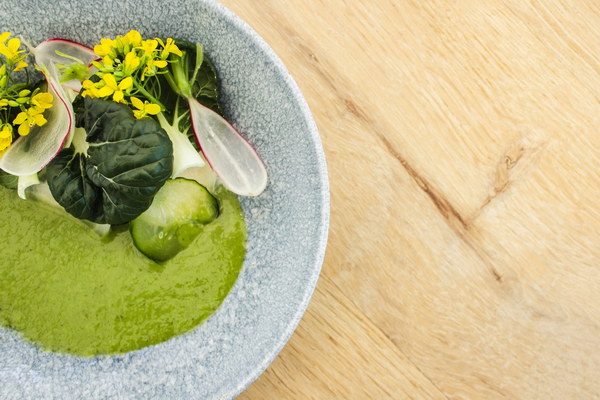Postpartum Liver Nourishing Soup A Traditional Remedy for Modern Wellbeing
In the realm of traditional Chinese medicine, the postpartum period is a critical time when new mothers need to restore their health and vitality after the physical demands of childbirth. One such traditional remedy that has stood the test of time is the postpartum liver nourishing soup. This article delves into the significance of this soup, its ingredients, and the benefits it offers to new mothers.
The postpartum period, often referred to as sitting the month, is a time when the body is particularly vulnerable and requires special care. During this phase, the liver, which plays a crucial role in detoxifying and regulating bodily functions, can become overburdened. This is where the postpartum liver nourishing soup comes into play.
Ingredients:
The liver nourishing soup is a concoction of several herbs and ingredients known for their healing properties. Some of the key components include:

1. Dong Quai (Angelica sinensis): Known as the woman's ginseng, Dong Quai is a vital herb in Chinese medicine for supporting women's health, especially after childbirth. It helps to tonify the blood, regulate the menstrual cycle, and nourish the liver.
2. Bupleurum (Bupleurum chinense): This herb is commonly used to relieve stress and improve liver function. It aids in detoxifying the body and helping to restore balance.
3. Peony Root (Paeonia lactiflora): Peony root is another herb that supports liver health. It has anti-inflammatory properties and helps to regulate blood flow.
4. Codonopsis Root (Codonopsis pilosula): This herb is known for its immune-boosting properties and its ability to support the body's energy levels.
5. Licorice Root (Glycyrrhiza uralensis): Licorice root is often added to herbal formulas to harmonize the other ingredients. It helps to soothe the digestive system and reduce any potential side effects from the other herbs.
Benefits of Postpartum Liver Nourishing Soup:
1. Liver Support: The primary benefit of this soup is its ability to support liver health. By nourishing the liver, it helps to improve detoxification and restore balance to the body.
2. Energy Restoration: The combination of herbs in the soup helps to restore energy levels, which can be depleted during the postpartum period.
3. Stress Reduction: The postpartum period can be a time of high stress for new mothers. Herbs like Bupleurum and Codonopsis can help alleviate stress and promote relaxation.
4. Improved Digestion: Licorice root in the soup helps to soothe the digestive system, making it easier for new mothers to process nutrients and recover from childbirth.
5. Enhanced Breast Milk Production: Some of the herbs in the soup, such as Dong Quai, are known to support lactation and improve breast milk production.
How to Prepare the Postpartum Liver Nourishing Soup:
To prepare the postpartum liver nourishing soup, gather the following ingredients:
- 1 ounce of Dong Quai
- 1 ounce of Bupleurum
- 1 ounce of Peony Root
- 1 ounce of Codonopsis Root
- 1 ounce of Licorice Root
- 4 quarts of water
- 1 teaspoon of honey or rock sugar (optional)
Combine the herbs in a pot and cover with water. Bring to a boil, then reduce heat and simmer for 30 minutes. Strain the mixture and add honey or rock sugar to taste. Drink the soup while it's warm.
Conclusion:
The postpartum liver nourishing soup is a traditional remedy that can provide significant benefits to new mothers during the critical postpartum period. By supporting liver health, restoring energy levels, and promoting relaxation, this soup can help new mothers on their journey to recovery and well-being. While it's important to consult with a healthcare professional before incorporating any new remedies into your postpartum care, the postpartum liver nourishing soup is a safe and effective way to support your health and wellness.









